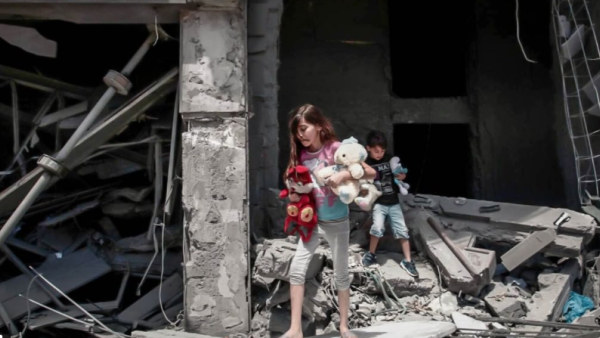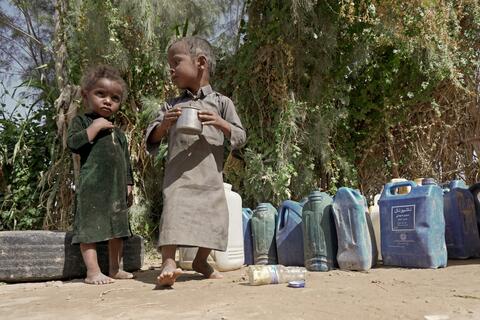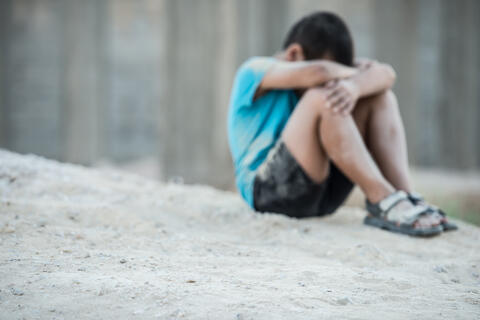Only yesterday three children were reportedly killed by unexploded ordnance in Aleppo city. Eleven years since the crisis began in Syria, violence, displacement, and lack of access to essential services continue to obstruct children’s lives. UNICEF reported.
Last year, nearly 900 children in Syria lost their lives or were injured. This brings the total number of children killed and injured, since the beginning of the crisis, to close to 13,000. Landmines, explosive remnants of war and unexploded ordnance were the leading cause of these child casualties in 2021, accounting for nearly one-third of all recorded injuries and deaths, leaving many children with lifelong disabilities.
"Nearly 5 million children have been born in Syria since 2011. They have known nothing but war and conflict. In many parts of Syria, they continue to live in fear of violence, landmines, and explosive remnants of war," said UNICEF Syria Representative, Bo Viktor Nylund.
The crisis continues to leave Syrian children with psychological scars. Last year, one-third of children in Syria showed signs of psychological distress including anxiety, sadness, fatigue, or frequent trouble sleeping.
While UNICEF does not have accurate figures on children with disabilities, it is evident that children with disabilities carry a double burden when it comes to violence, threats to their health and safety, hunger, risk of abuse, and loss of education.
Lack of mobility and difficulty fleeing harm further compound the obstacles they encounter. For their families as is the case for most families, limited employment opportunities, skyrocketing prices, unprecedented levels of poverty, severe shortages of basic goods and services, makes getting children with disabilities care difficult.
“Like all children, children with disabilities have the right to be cared for and nurtured. UNICEF remains committed to support these children, without stigma and wherever they are in the country,” said Representative Nylund.
Across Syria, and in the neighbouring countries hosting an estimated 5.8 million children in need of assistance, UNICEF and partners continue to work to protect children, to help them cope with the impact of conflict. This includes improving psychosocial support to help children and caregivers recover from trauma, as well as delivering life-saving support and services for children struggling physically and psychologically.
“I’m glad I can go to school again, have fun with my friends, and learn,” said 12-year-old Azzam. He lost his leg to the conflict and attends a UNICEF-supported school, promoting inclusive learning. He is also part of UNICEF’s integrated social protection programme which supports him and his family through regular cash assistance coupled with one-on-one support from a case manager.
The integrated programme provides vulnerable families an opportunity to pay for the basic needs of their children with disabilities and it links the children with critical essential services.
“We have a long road to go to help more children with disabilities and other children impacted by the war so they can reach their full potential and grow up protected from harm, healthy and educated,” said Representative Nylund.









